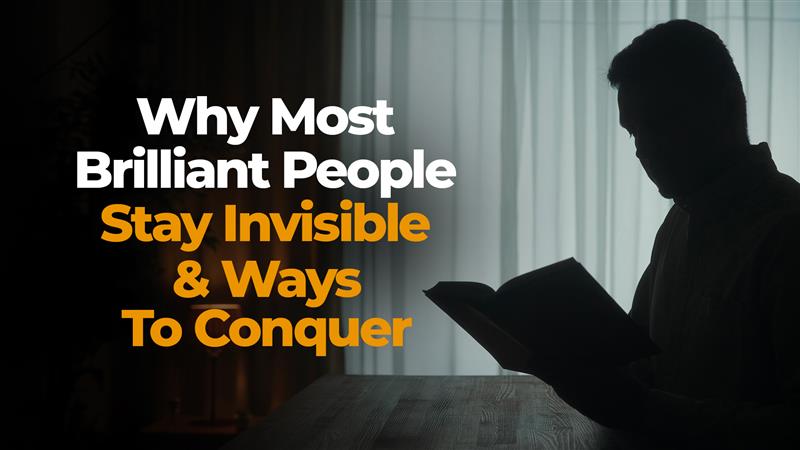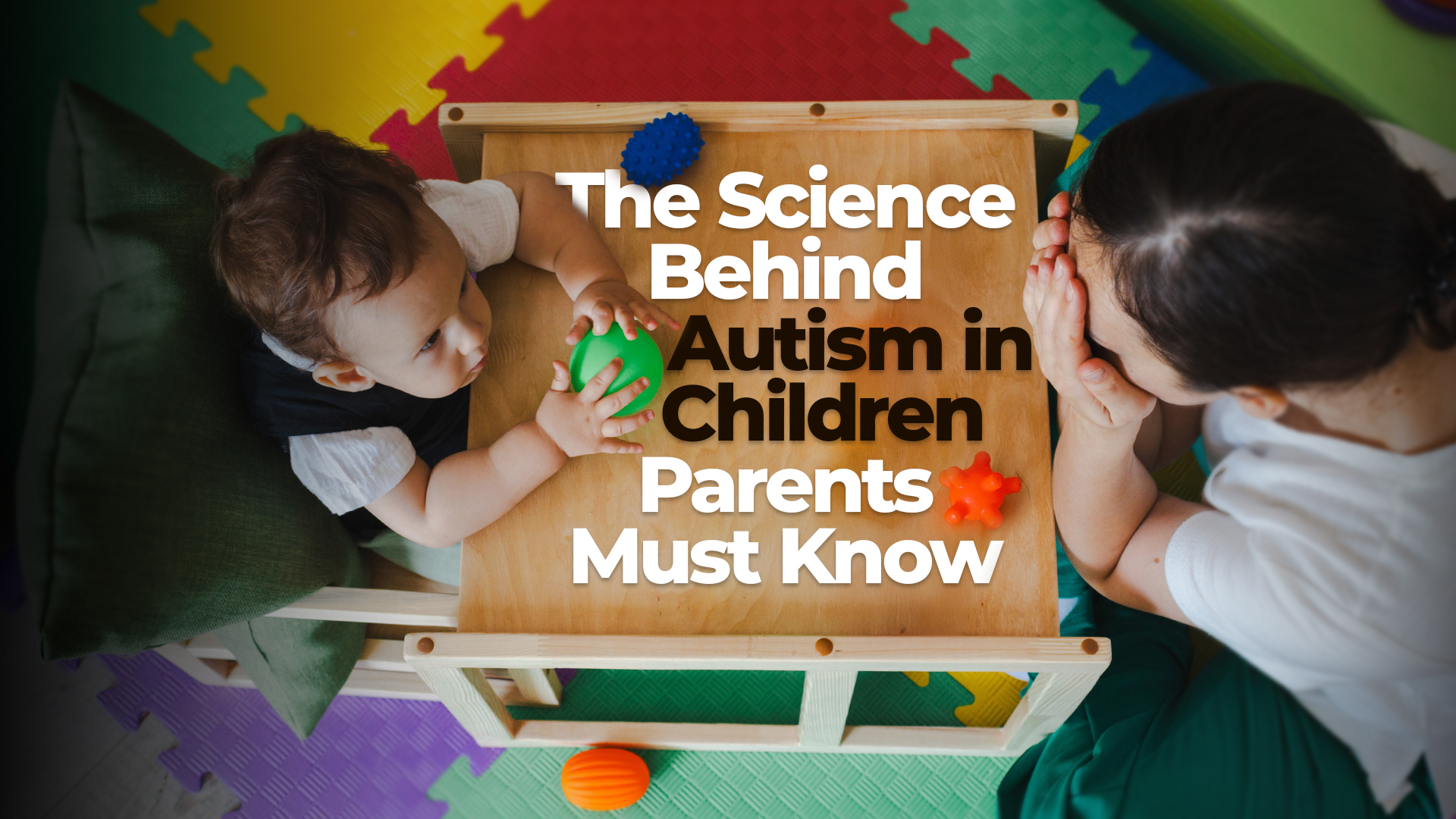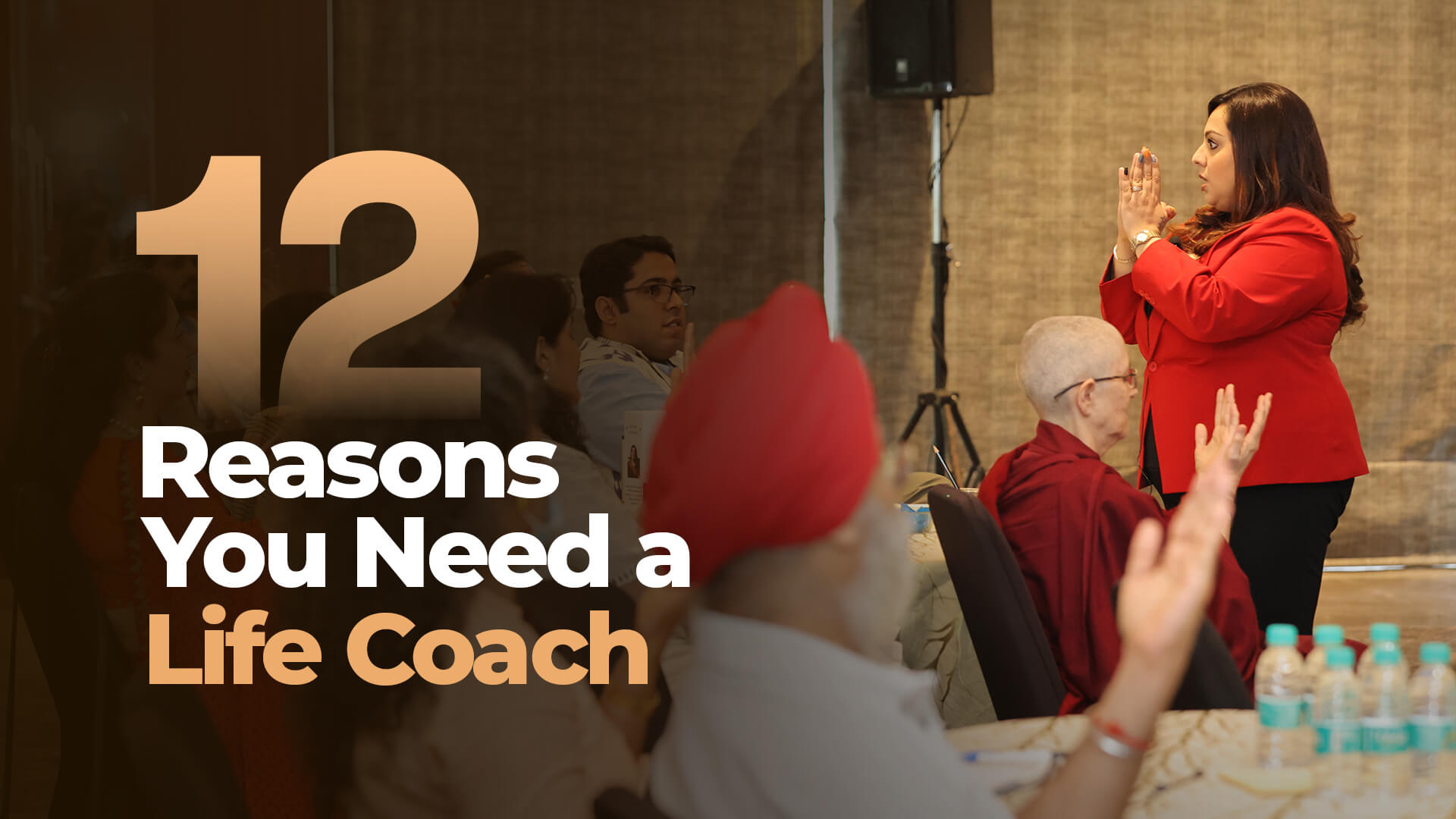Have you ever wondered why some people seem to bounce back effortlessly from setbacks while others remain trapped in cycles of self-doubt? What if the secret to resilience lies not in our circumstances, but in how we perceive our own worth? Your self esteem shapes every aspect of your life—from how you navigate challenges to how you interact with the world around you.
Consider this: how often do you judge yourself too harshly based on your appearance or accomplishments? What internal narratives are shaping your beliefs about who you are?
At its core, self esteem is the intimate dialogue we have with ourselves, evaluating our abilities, value, and place in the world. When our self esteem is healthy, it becomes a powerful foundation for confidence and emotional well-being. But when it’s fragile, it can leave us feeling lost and stuck.
In this article, we will delve into the science of self esteem and explore practical strategies to strengthen it. We’ll also uncover holistic approaches that align with Gateway of Healing’s mission to empower your journey toward wholeness.
Are you ready to transform your self-perception and reclaim your sense of worth? Let’s venture on this journey together!
Understanding Self Esteem: The Science Behind Your Self-Worth
Self esteem is more than just “feeling good about yourself.” Psychologists define it as a stable sense of personal value that combines cognitive evaluations (e.g., “I am competent”) and emotional experiences (e.g., pride or shame). Research shows that self esteem develops over time, influenced by social interactions, achievements, and even biological factors.
For example:
- Childhood to Adolescence
- Adulthood
- Gender Differences
Self esteem tends to decline during adolescence due to social comparisons and identity exploration.
It typically rises in mid-life, peaking around age 50–60, before declining in older age.
Studies suggest women often report lower self esteem than men, partly due to societal pressures around appearance and roles.
Low self esteem is linked to mental health challenges like depression and anxiety. A 2024 meta-analysis found that individuals with low self esteem were 64% more likely to experience depressive symptoms, particularly during stressful life transitions. Conversely, high self esteem correlates with better relationships, career satisfaction, and resilience.
4 Evident Signs of Low Self Esteem
Recognizing low self esteem is the first step toward addressing it. Common indicators include:
Space Clearing Ritual
-
Persistent Self-Criticism
-
Fear of Failure
-
Overdependence on Validation
-
Physical Symptoms
Phrases like “I’m not good enough” or “I don’t deserve this” dominate your inner dialogue.
Avoiding challenges due to a belief that effort won’t lead to success.
Relying heavily on others’ approval to feel worthy.
Fatigue, digestive issues, or insomnia, are often tied to stress from negative self-perception.
5 Practical Strategies to Build Self Esteem
Building self esteem requires intentional effort. Below are evidence-based techniques and holistic practices that align with Gateway of Healing’s services:
1. Reframe Negative Thoughts with Cognitive Behavioral Techniques
Cognitive Behavioral Therapy (CBT) is a gold-standard approach for challenging distorted thinking. Try these steps:
- Identify Triggers: Notice situations that spark self-doubt, such as work criticism or social comparisons.
- Question the Evidence: Ask, “Is this thought based on facts or fears?” For example, if you think, “I’m a failure,” list past successes to counterbalance the narrative.
- Behavioral Experiments: Test limiting beliefs through small actions. If you fear public speaking, start with a short presentation to trusted friends.
- Gateway of Healing Connection: Our Life Coaching and Power of Infinity Coaching programs integrate CBT principles to help you dismantle mental barriers and cultivate confidence.
2. Practice Mindfulness and Chakra Balancing
Mindfulness helps you observe thoughts without judgment, while chakra work addresses energy blockages that may affect self-worth:
- Solar Plexus Chakra (Manipura): Located in the upper abdomen, this energy center governs confidence. Imbalances here may manifest as indecision or low motivation. Practices like yoga poses (e.g., Boat Pose) or visualizing yellow light can restore balance.
- Mindfulness Meditation: Body scans and breathwork anchor you in the present, reducing overidentification with negative thoughts.
- Gateway of Healing Connection: Explore Chakra Balancing sessions or Meditation Mindfulness workshops to harmonize your energy system.
3. Strengthen Self-Compassion
Kristin Neff, a leading researcher on self-compassion, emphasizes treating yourself with the kindness you’d offer a friend. Techniques include:
- Loving-Kindness Meditation: Repeat phrases like, “May I be safe, may I be happy,” to cultivate warmth toward yourself.
- Journaling: Write a letter to yourself during a difficult time, focusing on understanding rather than criticism.
4. Leverage Positive Psychology Interventions
Positive psychology focuses on amplifying strengths rather than fixing weaknesses:
- Gratitude Practices: List three things you’re grateful for daily. This shifts focus from lack to abundance.
- Strengths-Based Goals: Identify your top strengths (e.g., creativity, empathy) and design goals around them.
- Book Recommendation: The Gifts of Imperfection by Brené Brown explores embracing vulnerability to build authentic self-worth.
5. Holistic Healing Modalities
Energy-based practices can address subconscious blocks:
- Angel Healing: Connect with archangels like Michael (protection) or Chamuel (self-love) to release limiting beliefs and receive guidance.
- Energy Detoxification: Clear stagnant energy from your aura, which may hold onto past traumas or negative self-perceptions.
- Gateway of Healing Connection: Our Angel Healing and Energy Detoxification sessions provide tailored support for emotional and spiritual renewal.
The Final Note
In conclusion, building and nurturing self esteem is not just about feeling good; it’s about fostering a deep-seated recognition of your inherent worth and capabilities. As we’ve explored, self esteem influences how we navigate challenges, pursue our goals, and connect with others.
By understanding the science behind self esteem and implementing practical strategies—such as reframing negative thoughts, practicing mindfulness, strengthening self-compassion, and leveraging positive psychology—you can venture on a transformative journey toward self-discovery and empowerment.
Remember, this journey is uniquely yours. Adopt the process, be patient with yourself, and celebrate the small victories along the way. Your worth is not defined by external validation or past experiences, but by the authentic narrative you create about yourself.
With the right tools and a supportive framework like the Gateway of Healing, you have the power to reshape your self-perception, enhance your emotional well-being, and thrive in every aspect of your life. Let this be the beginning of a deeper relationship with yourself—a relationship rooted in love, resilience, and unwavering self-acceptance.
Ready to transform your self esteem journey? Explore Gateway of Healing’s Chakra Balancing, Angel Healing, or Life Coaching services to unlock your full potential. Share your thoughts or questions in the comments below—we’d love to support your growth!
FAQ: Common Questions About Self Esteem
Q: How long does it take to build self esteem?
A: Progress varies, but studies show consistent practices (e.g., mindfulness, CBT) can yield improvements in 8–12 weeks.
Q: Can chakra imbalances really affect confidence?
A: Yes. The solar plexus chakra directly influences self esteem. Balancing it through yoga, meditation, or energy work can enhance feelings of empowerment.
Q: What’s the difference between self esteem and self-confidence?
A: Self esteem is your overall sense of worth, while self-confidence relates to belief in specific abilities. Both are interconnected but distinct.
Reach Dr. Chandni’s support team at +918800006786 and book an appointment.










